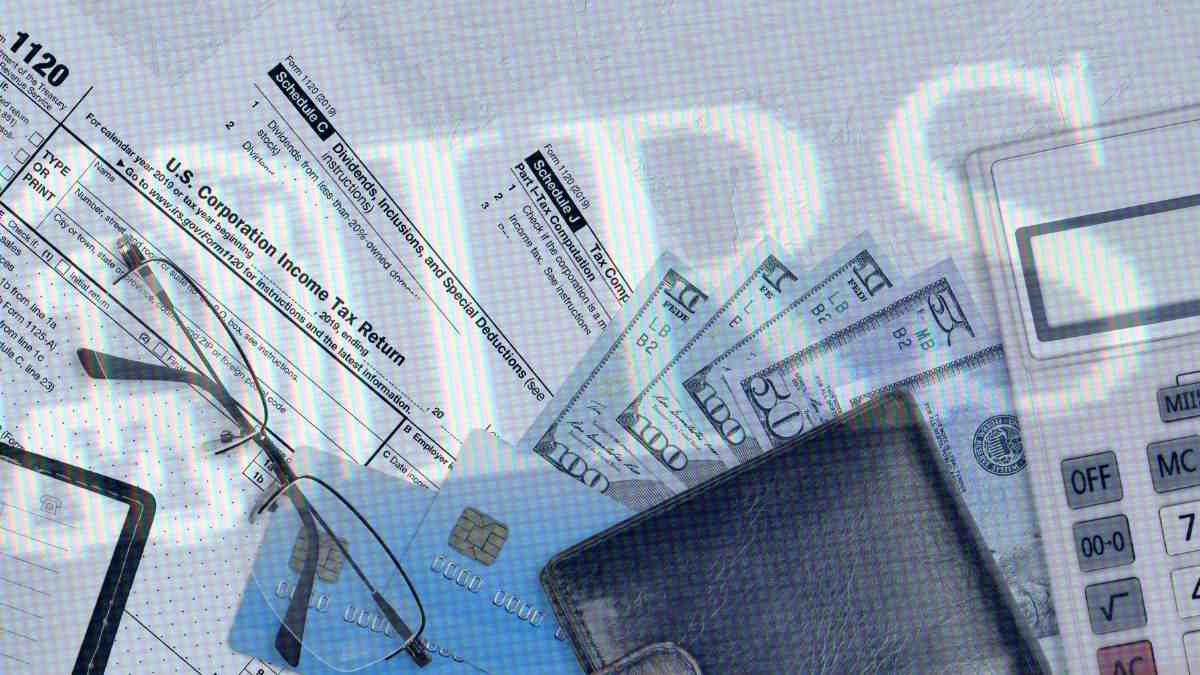Filing taxes for the first time—or even after years of doing so—can feel overwhelming. With new tax laws, updated filing requirements, and potential credits, taxpayers need to be well-informed to maximize their returns and stay compliant. Whether you’re a first-time filer or just need a refresher, this guide will walk you through the key points to keep in mind for the 2025 tax season.
Understanding tax obligations can be complex, and services like Expat Tax Online can provide valuable insights for taxpayers navigating their returns, especially those with international tax considerations.
Do You Need to File a Tax Return?
Not everyone is required to file a tax return. The IRS filing requirement depends on factors such as income level, filing status, and age. Generally, if your gross income exceeds a certain threshold, you must file. Gross income includes:
- Wages, salaries, and tips
- Self-employment earnings
- Interest and dividends
- Rental income
- Capital gains
- Foreign income
In some cases, filing a tax return may still be beneficial, even if it is not required. If you had taxes withheld from your paycheck or are eligible for tax credits, you may be entitled to a refund.
Key Tax Credits You May Qualify For
Tax credits can reduce the amount of tax you owe and sometimes result in a refund. Here are a few credits that first-time filers and returning taxpayers should know about:
- Earned Income Tax Credit (EITC): Available to low-to-moderate-income workers, this credit can provide significant financial relief.
- Child Tax Credit (CTC): If you have qualifying dependents, you may be eligible for a credit of up to $2,000 per child.
- American Opportunity Credit (AOTC): Designed for eligible students in their first four years of college, providing up to $2,500 per student.
- Premium Tax Credit: Helps offset the cost of health insurance purchased through the federal marketplace.
- Saver’s Credit: Encourages low- and moderate-income individuals to contribute to retirement savings.
Each credit has specific eligibility requirements, so taxpayers should review IRS guidelines or consult a tax professional to determine eligibility.
Special Tax Considerations for Dependents
Many young adults and college students file taxes for the first time without knowing if they should claim themselves or be claimed as dependents by their parents. The IRS defines a dependent as someone who:
- Is a U.S. citizen or resident alien
- Does not file a joint return (unless claiming a refund)
- Is financially supported by another taxpayer
Even if you are claimed as a dependent, you may still need to file a return, especially if you have earned or unearned income exceeding certain thresholds.
Understanding Taxable Income
A common misconception is that only wages or salaries are taxable. However, the IRS considers multiple sources of income taxable, including:
- Freelance or gig economy earnings
- Investment income (stocks, dividends, cryptocurrency gains)
- Rental property income
- Unemployment benefits
- Social Security (if applicable, based on total income)
If you have multiple sources of income, it’s essential to track your earnings throughout the year and report them accurately.
What Documents Do You Need to File?
Gathering the necessary documents is an important step in filing your tax return. Some key documents include:
- W-2 Forms – Provided by employers, showing total wages earned and taxes withheld.
- 1099 Forms – Issued to freelancers, independent contractors, and those with investment income.
- 1098 Forms – Used for deductions related to mortgage interest and student loan interest.
- Health insurance statements (such as Form 1095-A for marketplace coverage).
- Bank account and routing number for direct deposit of refunds.
Know Your Tax Deadlines
For most taxpayers, the 2025 tax deadline is April 15. If you need extra time, you can file for an extension, pushing the deadline to October 15. However, an extension only grants more time to file—not more time to pay. If you owe taxes, it’s important to make an estimated payment by April 15 to avoid penalties and interest.
Where to Get Help Filing Taxes
If you need assistance with your tax return, there are several free and paid options available:
- IRS Free File: Taxpayers with an Adjusted Gross Income (AGI) of $84,000 or less can use IRS-approved software to file for free.
- Volunteer Income Tax Assistance (VITA): Free in-person tax help for individuals earning $67,000 or less.
- Tax Software: Paid software like TurboTax, H&R Block, and TaxAct offers guided filing options, but fees may apply.
- Tax Professionals: Working with a CPA or tax advisor can be beneficial, especially for those with complex returns.
Common Mistakes to Avoid
When filing your taxes, be mindful of common errors that can lead to processing delays or missed deductions:
- Incorrect Social Security Numbers: Ensure all personal information is accurate.
- Math Errors: Tax software can help, but manual calculations should be double-checked.
- Filing the Wrong Status: Selecting the correct status (e.g., single, head of household, married filing jointly) is crucial.
- Forgetting to Sign or E-File: A missing signature or failure to submit electronically can result in processing delays.
Whether you’re filing for the first time or just need a refresher, understanding your tax obligations is essential to avoid penalties and maximize potential refunds. Being organized, knowing what credits apply, and filing on time can make the process smoother.
For those with international tax situations or unique filing considerations, consulting experts in Expat US Tax can ensure compliance with all IRS regulations while optimizing tax benefits.





























